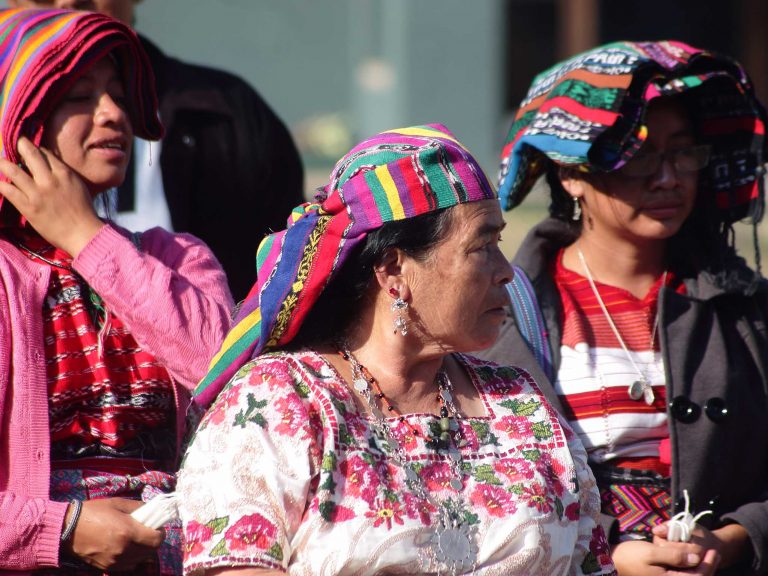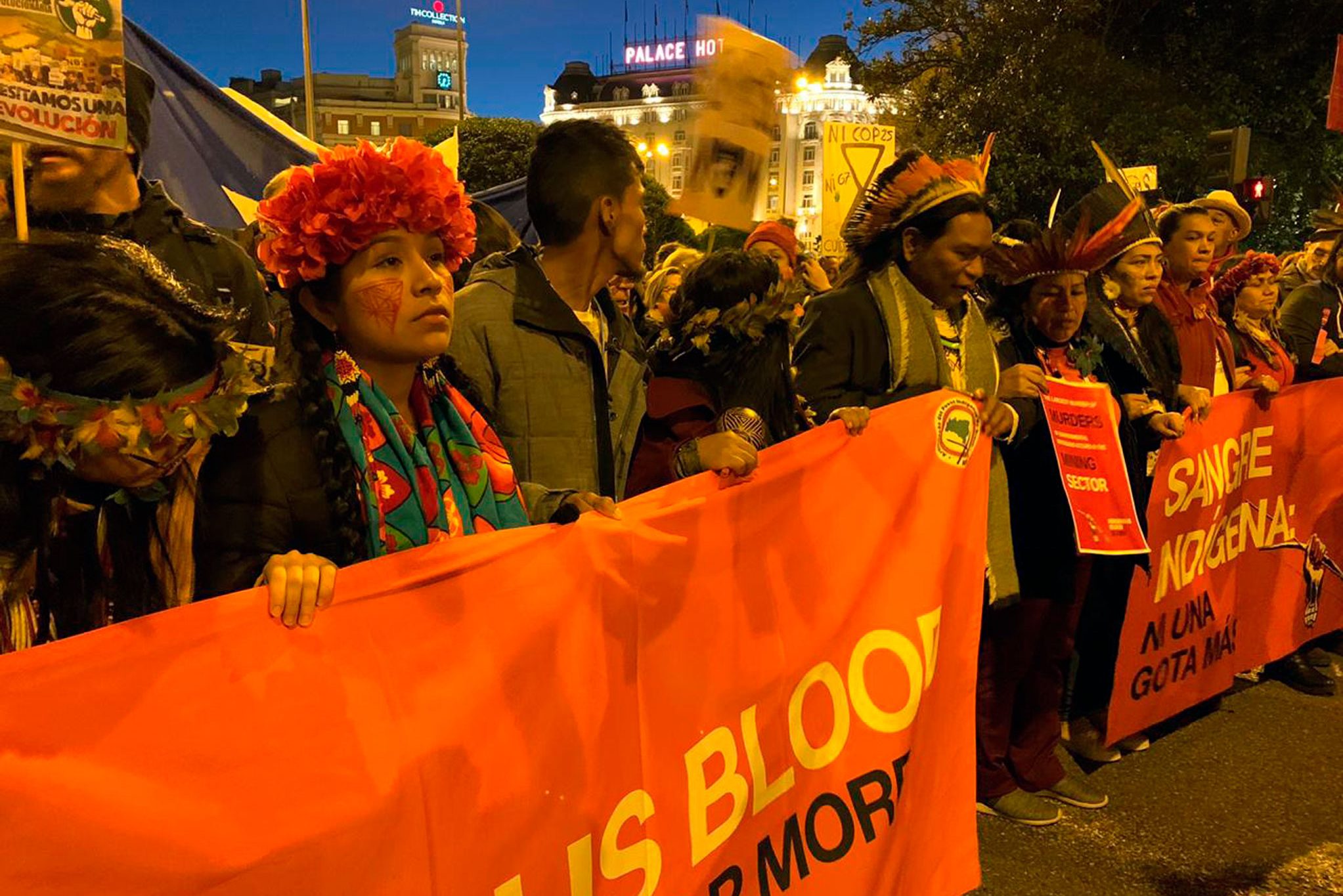Native populations fight for their recognition
The presence of COVID-19 remarked the severe situation of exclusion and invisibility of Latin American native populations that have suffered for centuries. States politics, particularly in countries with a large indigenous population like Guatemala, have ignored native people, through limited access to basic services such as health, education and drinking water, which affects their food safety, economic and social development.
“It is a really bad time for our region: we are the epicenter of the pandemic and extreme poverty is increasing. It is expected that it will affect around 230 million of people, 95 million of whom will be in extreme poverty. When we see who are those people affected, we realize that they are native people and most of them, women. Besides, the world is missing leadership. Is not required for each country to isolate their problems, we need cooperation, collective action” said Alicia Barcena, executive secretary of the Economic Commission for Latin America and the Caribbean (CEPAL).
“Since the beginning of the pandemic, the government force us to be locked up, which has had an impact on the economy of households in the region. The idiosyncrasy of native people is not being respected. The government has a feeding plan, that doesn´t covered native populations,” mention Norvin Goff, President of MASTA, the highest representation of the Miskitu native people, who live in the Caribbean region of Honduras.
Due to the fact that this posture has become constant for centuries and that has been aggravated more recently with actions to take over their territories, use of soil, natural resources pollution, as well as a growing insecurity and fear for the lives of land defenders, now the same native people have taken the decision of thrust their own agenda of diffusion and development.
Cosmovision and openness
Día Internacional de los Pueblos Indígenas
Posted by Fundación Compaz on Sunday, August 9, 2020
Disregard for other possibilities of organizing life, has cause many of the political and social system of native people to be classified as “simple and customs” but it is actually about the structure that organizes our lives and that are product of our history,” said Yásnaya Elena Aguilar, a Mexican indigenous linguist and writer, who writes for the newspaper ElPaís, in Spain.
Aguilar mentions that this positions adopted for the power groups, it even contravenes the idea of democracy that they claim to defend. Despite this contempt, native people continue to spread their knowledge, while fighting to defend their territory.
During the last celebration of the International Day of Indigenous People, which takes place every August 9, different ethnic groups of the world, manifest despite restrictions as a result of COVID-19.
The Sihkru, a binational meeting of the indigenous peoples of the Moskitia nation, took place on the border between Honduras and Nicaragua, in which they celebrate and strengthen their identity in a cultural exchange between generations. For six days, families were translated into different communities from both countries, to celebrate the reunion of the ancestors. This year the reunion was virtual, through Facebook Live.
In Guatemala, different groups of Mayan spiritual guides, perform fire ceremonies in sacred altars, such as Kaminaljuyú, according to the Mayan calendar, August 9 was a Q’anil day (seed) which calls for abundance, harmony and understanding. “These pandemic days teach us that nobody can eliminate other, under any kind of argument. That we learn to live together and that this is our home. Let hate be stopped, may freedom and life clarify the fullness for my people. A hug and greeting to all the peoples in the world in this celebration of life, resistance and permanence.”
In other parts of Latin America, peoples like Maracá, in Brazil, Yshyr, in Paraguay and the AI Kofan in Ecuador, did several request, not just to celebrate their identity, but to resist against the situation they are facing in territorial, environmental and health, due to the presence of COVID-19.
There is work to be done

Indigenous women are becoming nature’s last defense against world capitalism. Photo: Jorge Rodríguez / Viatori
With the process that began in 2002, by 2014, governments of Latin America had accomplished the reduction of poverty. Had completed “lift more than 60 million people out of poverty,” said Barcená. Since then, fiscal austerity programs have been imposed, which have affected in a socioeconomic status of the population, with a significant impact in native people and women, said the international official.
The pandemic will delve into that reality, and up to 230 million people could be falling into extreme poverty in the region. “We face a very delicate situation and a crisis even worse than that of the 1980s” added.
Faced with a systematic exclusion by the state, which is replicated in actions of businessmen and multinationals, hope lies on “solidarity” that communities show to each other. “I hope we can unite in collective action with bigger cooperation because is the only way to get out of this.” Concluded Barcená
